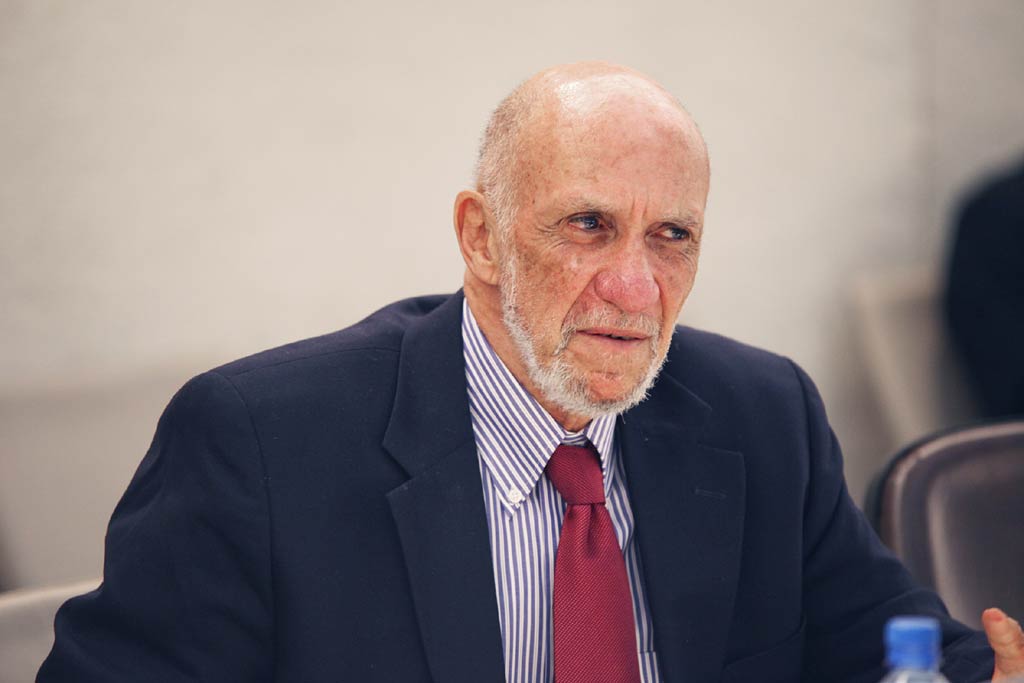 The United Nations Human Rights Council (UNHRC) has called for an international investigation into the suspicious death of a Palestinian prisoner who died while in Israel’s custody.
The United Nations Human Rights Council (UNHRC) has called for an international investigation into the suspicious death of a Palestinian prisoner who died while in Israel’s custody.
Richard Falk, who is the UNHRC Special Rapporteur on the situation of human rights in the Palestinian territories occupied since 1967, called for a probe into the death of Arafat Jaradat.
Arafat Jaradat, who was arrested on February 18 on suspicion of involvement in hurling stones at Israeli troopers, died on February 23 in Israel’s Magiddo prison. The Tel Aviv regime claims that Jaradat died of cardiac arrest, but Palestinians deny the claim.
The UN rapporteur, who is a professor of international law at Princeton University, also stated that an inquiry was needed as Israeli prison authorities had on numerous occasions abused the rights of prisoners.
“The death of a prisoner during interrogation is always a cause for concern, but in this case, when Israel has shown a pattern and practice of prisoner abuse, the need for outside, credible investigation is more urgent than ever,” Falk said in a statement.
On February 26, the UN Middle East envoy, Robert Serry, also called for an independent probe into the death of Jaradat.
The Palestinian Authority’s Minister for Prisoners’ Affairs Issa Qaraqea revealed on February 24 that the 30-year-old Palestinian had been tortured before he died in custody.
Mr. Falk pointed to the assessment made by the Palestinian Authority’s chief pathologist, Dr. Saber Aloul, who observed the autopsy carried out inside Israel, and found there were clear signs of torture on the body of the previously healthy, 30-year-old detainee.
Israeli officials initially claimed Mr. Jaradat died of a heart attack, but the preliminary autopsy findings did not include a cause of death, noted the news release.
“In light of Dr. Aloul’s findings that there was no evidence of heart disease or damage, and that there were signs of torture on Jaradat’s body, an independent international investigation should be launched,” stated Mr. Falk.
According to the Israeli human rights organization B’tselem, more than 700 Palestinian detainees have filed complaints against agents of the Israeli security agency Shin Bet for mistreatment during interrogation throughout the last decade. However, noted the news release, not one has led to a criminal investigation.
Mr. Jaradat hailed from the small village of Sa’ir near Hebron and was a gas station attendant. He leaves behind a four-year-old daughter and two-year-old son; his wife Dalal is pregnant with their third child.
“As an occupying power, Israel has special responsibilities under international humanitarian law to deal humanely with Palestinians held in detention, and the international community has similar responsibilities to ensure that these are carried out,” Mr. Falk underscored.
Independent experts, or special rapporteurs, are appointed by the Human Rights Council to examine and report back on a country situation or a specific human rights theme. The positions are honorary and the experts are not UN staff, nor are they paid for their work.
More than 4,500 Palestinian prisoners are held in Israeli prisons, many of them without charge or trial. Four prisoners — Ayman Sharawneh, Samer al-Issawi, Jaafar Ezzedine, and Tareq Qaa’dan — have been on hunger strike for months.
